Although Ayurvedic herbs are generally considered safe for usage, some of the herbs in general can have side effects if used during pregnancy. Use of such herbs can cause abortification, premature labor and other complications. Here is a list of all the herbs that you should avoid during that pregnancy phase!
1. Akarkara (Anacyclus Pyrethrum)
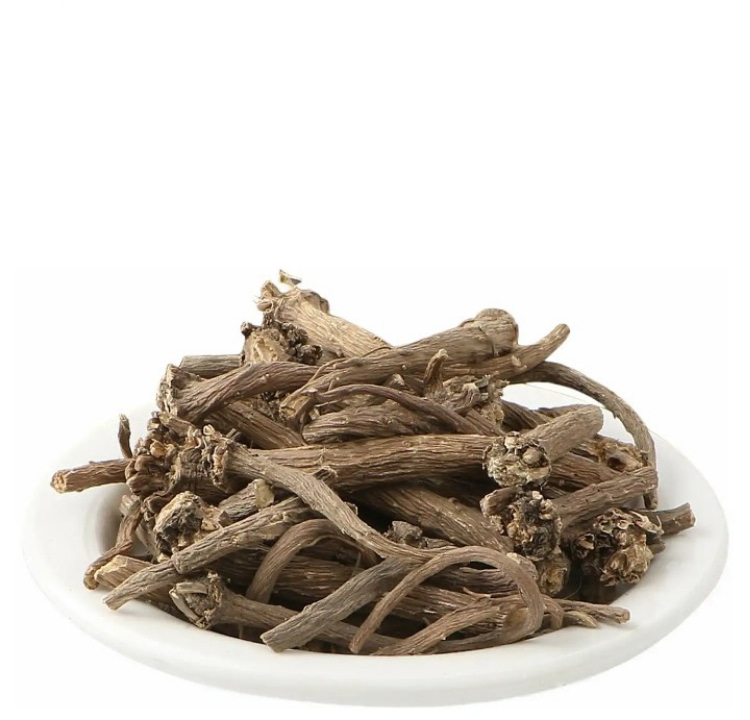
Akarkara is an Ayurvedic plant the root of which is used primarily for male sexual wellness as well as a nervine tonic. It is used to treat erectile dysfunction, premature ejaculation and increases libido. It also is useful in kidney diseases, oral problems and angina pain.
The use of akarkara is strictly prohibited during pregnancy as well as lactation period. This is due to the fact that it has a property that can induce uterine contractions and increase or stimulate menstrual flow or uterine bleeding. It is also known to reduce mother’s flow of milk during lactation.
2. Apamarg / Chirchita / Latjeera
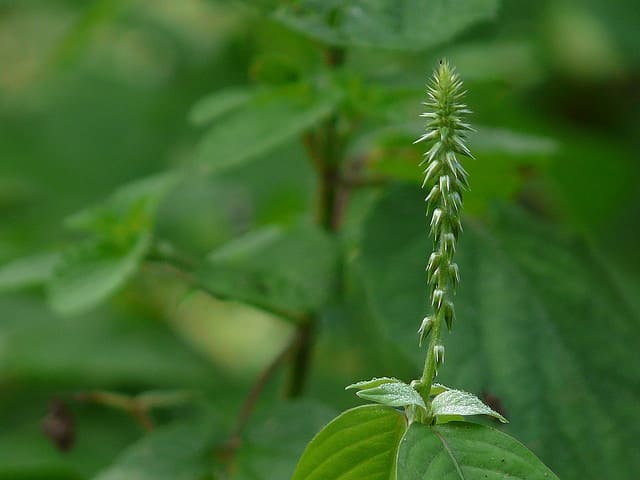
Apamarg is an amazing purifying herb used in Ayurveda for the treatment of cough, cold, infections, migraine, back pain, obesity, intestinal worms, kidney stones and other urinary problems.
One of the traditional uses of Chirchita in India is for abortification. It has abortifacient and contraceptive properties. Extracts from all parts of the plant have shown abortifacient activity in female rats. The extracts of leaves, roots, and seeds of the plant have been used for control of fertility, in placental retention, and in postpartum bleeding.
The ethanolic extract of the root of Chirchita shows post coital anti-fertility activity in female albino rats.
3. Vacha (Sweet flag)
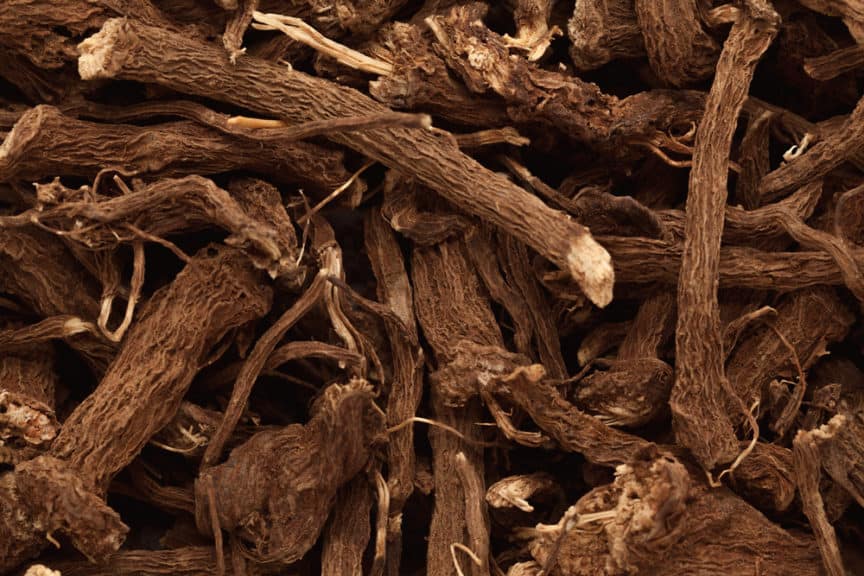
Vacha or sweet flag is an Ayurvedic herb used for boosting memory, intelligence and focus. It is found to be effective in treating speech problems, mental issues like schizophrenia, neuralgia, epilepsy, paralysis, skin, gastric problems.
Consuming Acorus Calamus is considered unsafe during pregranency and lactation due to its beta-asarone content. Beta Asarone is a compound that is a mild co-carcinogen and may interfere with normal pregnancy inter-reactions.
Calamus is also and emmenagogue which means that it promotes the menstruation and bleeding from the uterine wall. Use of the herb is strictly prohibited during both pregnancy and breastfeeding phase.
4. Sarpagandha (Rauvolfia Serpentina)
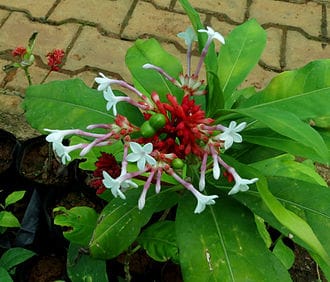
Sarpagandha aka Indian snakeroot, is an Ayurvedic herb used widely for the treatment of high blood pressure, asthma, and insomnia. Preparations made from the plant like sarpagandhadi vati is quite popular for controlling hypertension due to its hypotensive and vasodilator properties.
Although it is effective and safe if used under medical supervision, it does contain chemicals like reserpine and others which can have toxic effects if used in excess dosage or self medicated.
It is specially unsafe to use during pregnancy and breastfeeding. It can cause loss of appetite and breathing diffculties in mother. The chemicals present in sarpagandha can cause birth defects in babies. During the breastfeeding phase, these chemicals can pass in the mother’s milk and cause potential harm to the infant.
5. Chitraka
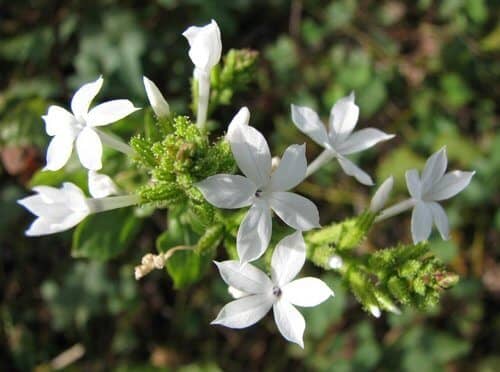
Chitraka or Plumbago Zeylanica is a digestive, carminative and vata and kapha pacifying Ayurvedic herb found in south India and srilanka, which is used for the treatment of rheumatoid arthritis, skin diseases, sinusitis, bronchitis, cholesterol and many more diseases.
The root powder of chitrakmool is considered unsafe during pregnancy. A study on female albino rats shows antifertility, oesterogenic and gonadotrophin and antiovulatory (no ovulation) acitivities due to which it should strictly be avoided in all phases of pregnancy.
6. Senna (Cassia Angustifolia)
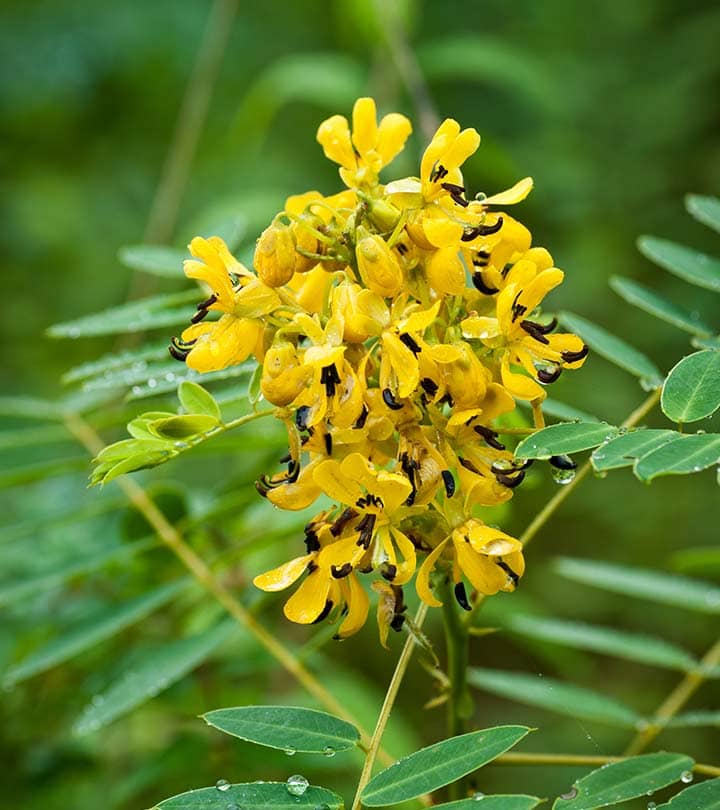
Senna is a popular herb, the leaves of which are strong laxatives. The herb is found in almost all commercially sold herbal laxative products like Kayam Churna.
The use of Senna during pregnancy and breastfeeding is contraindicated as it contains anthraquinones compounds which can induce uterine contractions and increase blood flow in the uterus and surround area increasing the chances of loss of fetus. These compounds can pass in the breast milk which may cause spams in the infant. The use of Senna should be particularly avoided in the first trimester.
7. Vasaka (Adhatoda Vasica)
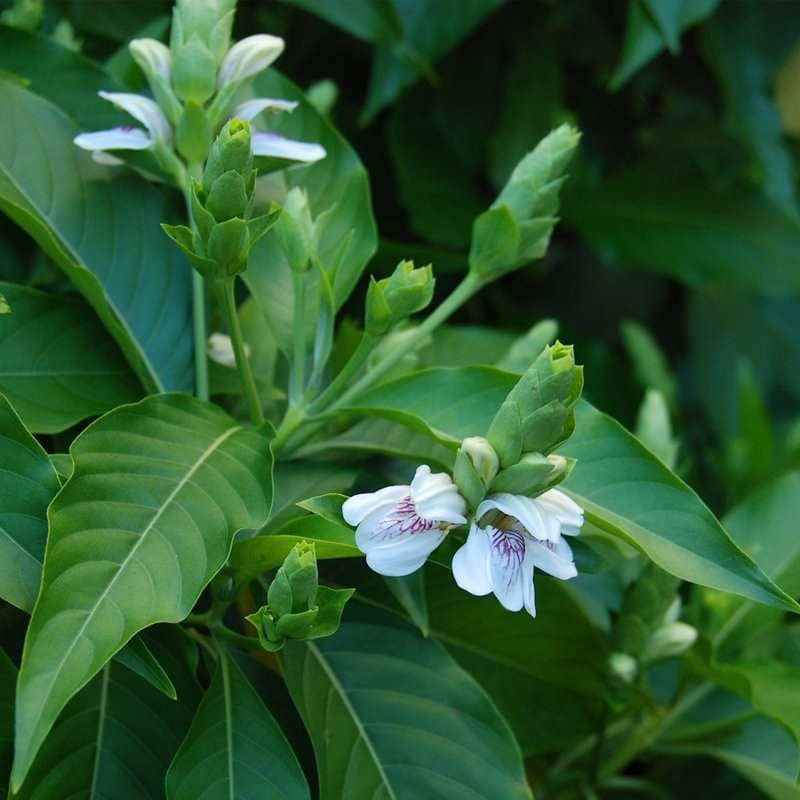
Vasaka is an excellent Ayurvedic herb for the treatment of respiratory disorders like acute and chronic bronchitis, asthma. It is also beneficial for heart disease & throat. The flowers of the plant are used for treating jaundice and opthalmia. The roots are used for treating gonorrhonea. Leaves are great for asthma, diarrhoea and dysentry.
The herb contains several alkaloids out of which vasicine is one of the main ones responsible for its abortifacient effect. This effect has been seen in studies on guinea pigs (not seen in rats).
8. Ulatkambal Devil’s cotton
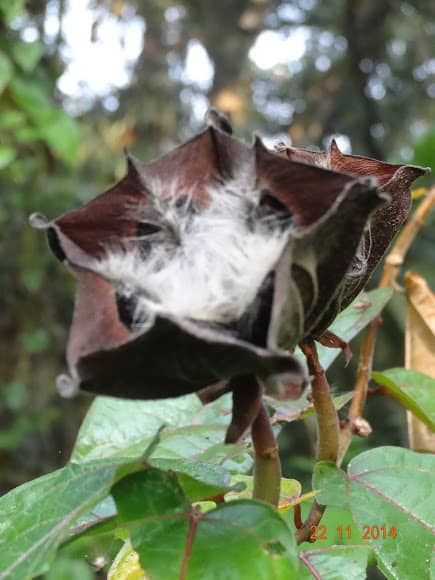
Ulatkambal or Abroma augusta is a perennial Ayurvedic herb found in north eastern and southern region of India. It is mostly used for the treatment of gynaecology related diseases like scanty periods, irregular periods, excessive bleeding, pain during menstruation and female infertility. It is also found to be useful in treatment of diabetes when combined with neem.
The root bark of the plant has emmenagogue as well as uterine tonic properties which increases and stimulates the menstrual blood flow.
Due to this property, it is unsafe during pregnancy and breastfeeding as it can induce bleeding and spotting.
Did you find this post useful? Would you like to get back to it later? Save THIS PIN below to your Pinterest Natural Living or Ayurveda board!

